Boris Johnson’s favourite phrase since he released his roadmap out of lockdown has been ‘cautious but irreversible’. These are the three words that supposedly describe the UK’s six-month timeline to freedom since it went into lockdown at the start of the year.
But the phrase was notably absent from tonight’s press conference. Instead, the Prime Minister warned that the rise of the Indian variant B1617.2 could pose a ‘serious disruption to our progress, and could make it more difficult to move to step 4 in June.’
The government’s worries, as Johnson laid out tonight, are what he described as ‘important unknowns’. The key question is to what extent the virus is more transmissible than the other variants.
Crucially, he emphasised there is currently ‘no evidence to suggest that our vaccines will be less effective in protecting people’ against severe illness and hospitalisation’. But that is not the only factor in their decision-making. If the variant is ‘significantly more transmissible’, he said, ’we’re likely to face some hard choices.’
What might those choices be? The Prime Minister refused to rule anything out: a delay to full reopening in June could be on the cards. So, too, might be the return of restrictions, including local lockdowns. But we’re not there yet. Tonight the Prime Minister confirmed that the next phase of reopening on Monday still has the green light. This means cinemas, theatres, indoor hospitality and hotels will be able to reopen. There will also be greater emphasis on encouraging people to weigh up the risks when it comes to social distancing.
Johnson put strong emphasis on personal responsibility. Speaking to the residents of Bolton and Blackburn, where clusters of the Indian variant have broken out, he called for ‘extra caution’ but stopped short of implementing local restrictions:
‘Play your part in stopping the spread…take the vaccine when you can. Get your free twice weekly rapid tests. And if you do test positive, you must self-isolate.’
While the whole country currently remains on the same path, it won’t be the same treatment for all areas though. Those living in Bolton and Blackburn will be prioritised for jabs, and the army will be on hand to distribute Covid tests.
So is our freedom date, 21 June, at risk? It’s clearly on shakier ground after this press conference, during which Johnson emphasised repeatedly that he couldn’t commit to a full reopening while questions around the Indian variant remain
But optimists can point to several moments in tonight’s press conference that give us reason to hope. While the Indian variant has nearly tripled in the past week, the overall rate of Covid cases remains 96.8 per cent below the peak of the most recent wave. Hospitalisations and deaths remain 97.7 per cent and nearly 100 per cent respectively below the peak. That the government is pushing ahead with the next phase of reopening on Monday suggests that officials don’t yet have reason to believe the variant requires drastic lockdown measures.
Instead, the Prime Minister decided to lean into the vaccine factor more than he has done so before. Emphasising that the UK is in a ‘different position from the last time when we faced a new variant’ thanks to the vaccines, he argued for ‘trust in our vaccines to protect the public.’
Chris Whitty, the chief medical officer, doubled down on the PM’s words of reassurance:
‘We think that people who’ve got a second vaccine will have greater protection not only against the original variants, but also against this new variant.’
To this end, the timeline for second doses for over-50s and the vulnerable is being brought forward: now people in these age groups are expected to get their follow-up jab eight weeks after their first, rather than twelve. For now, the government is putting the emphasis on vaccines, not lockdowns, in ‘the race’ against the virus, which Johnson said tonight was becoming a ‘great deal tighter’.
The real question, then, is which data sets will be used to determine if the UK will push on with its plan to reopen. If, as officials currently suspect, vaccines continue to protect people from serious illness and death, the risk of the NHS being overrun remains low, as should the risk of a derailed timeline: every vulnerable group in the UK has been offered their first jab at least, and over 80 per cent of over-50s are estimated to have antibodies (and over 90 per cent for the over-80s).
But if case numbers drive decision-making, that could lead to another outcome entirely. If the contagious nature of the Indian variant means it starts circulating more amongst the young, then ministers and officials could decide that warrants stricter measures.
This could present plenty of challenges: not least the fact that society would be locking down to protect unvaccinated age groups that are also the least likely to suffer severe reactions to the virus. With people’s grandparents and even parents jabbed, putting life on hold for much longer becomes a much tougher sell.
As Ross Clark says on Coffee House today, the government will have to judge to what extent does a rise in infections matter if many fewer people are now getting ill and dying of Covid? Where it falls down on this calculation may well determine if 21 June looks like the new normal or the old.<//>
Got something to add? Join the discussion and comment below.
Get 10 issues for just $10
Subscribe to The Spectator Australia today for the next 10 magazine issues, plus full online access, for just $10.


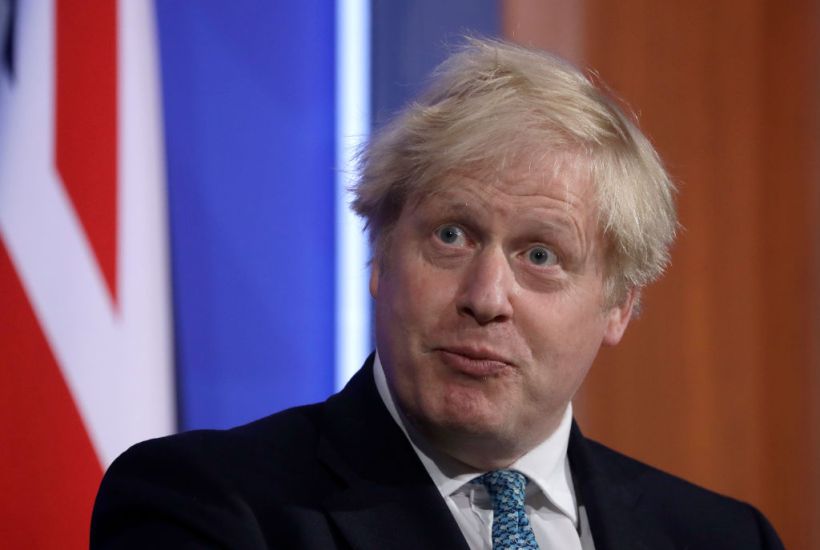
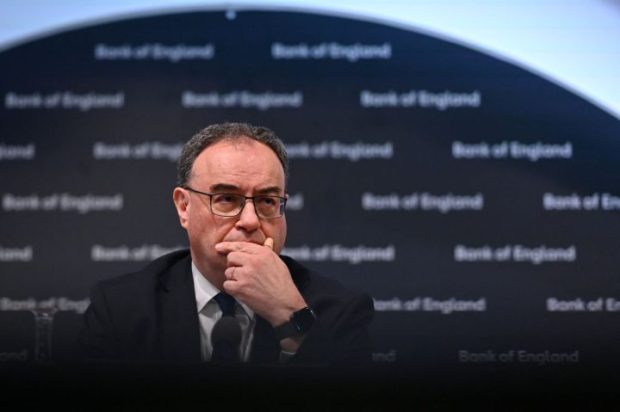
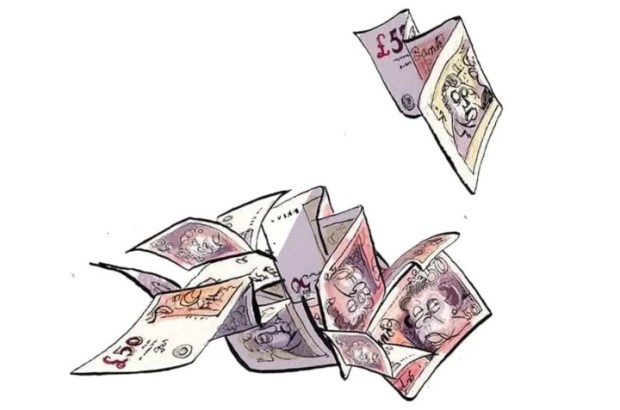
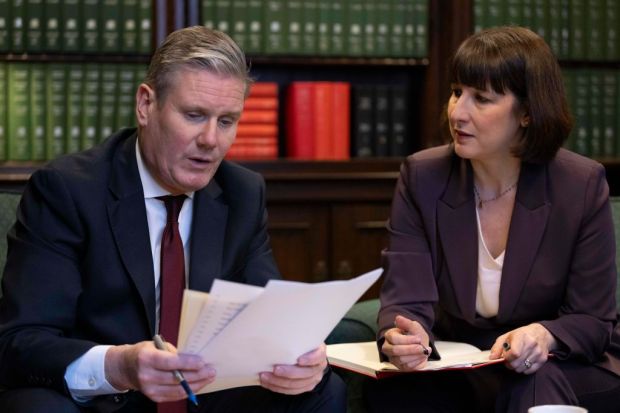
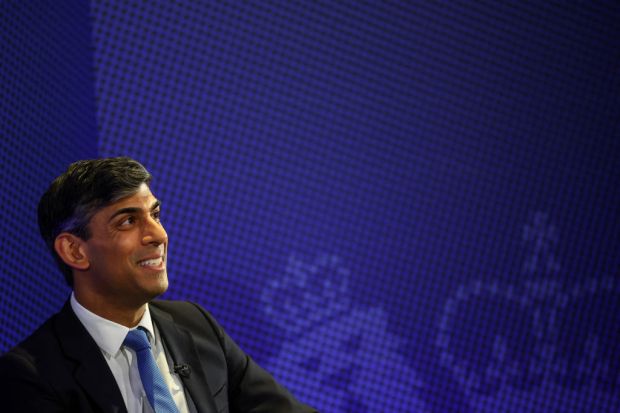











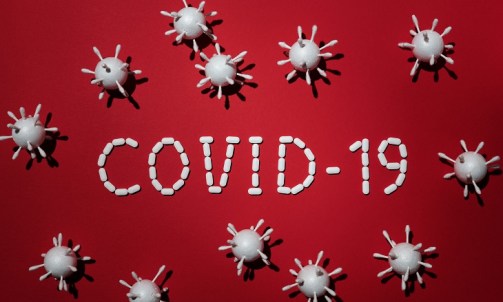

Comments
Don't miss out
Join the conversation with other Spectator Australia readers. Subscribe to leave a comment.
SUBSCRIBEAlready a subscriber? Log in